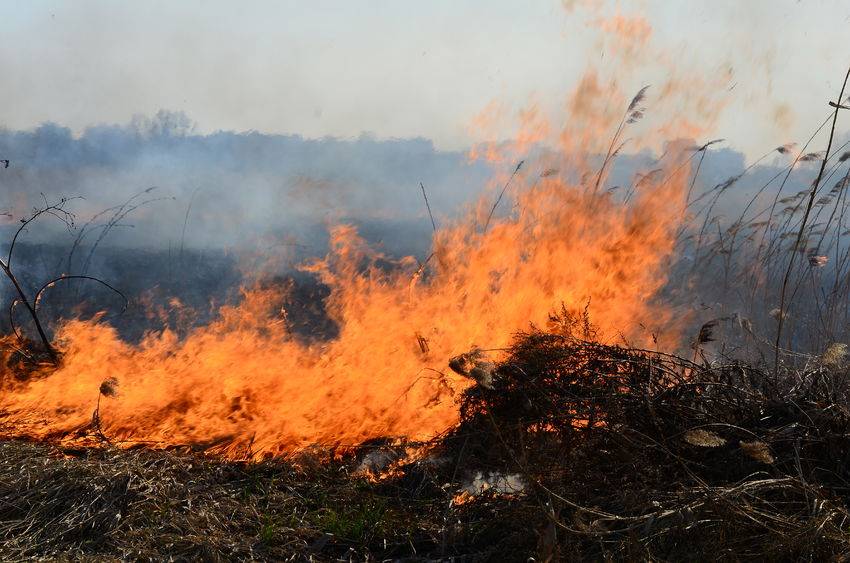
A fourth generation farmer has retold his farm fire experience as new figures show £4.6m worth of farm fire insurance claims were made in 2016 in the south west alone.
One April evening last year, East Devon dairy farmer Henry Gent went to bed as normal, only to be woken by one of his farm hands at 5am informing him that his dairy parlour was on fire.
An electrical fault had caused the blaze which destroyed the electrics leading into the milking parlour at Mosshayne Farm, West Clyst, near Exeter, meaning Henry was faced with 300 cows which needed milking, with no means of milking them.
Three fire engines and six fire fighters attended the farm to deal with the fire’s aftermath.
The ensuing hours were crucial to what was transpired to be a relatively smooth recovery: ruling out the possibility of being able to track down an alternative available parlour and locate some 15 lorries to transport the cows there, locally based electricians acted fast, sourcing a generator so that five hours later, milking could get underway, potentially saving the lives of the cows, who were thankfully out in the fields at the time.
Henry, whose great grandparents first ran the farm, subsequently made a successful £38,000 claim from NFU Mutual.
'Greatest hazard'
The 59-year-old’s claim contributed to the total £4.6m worth of farm fire insurance claims made in the south west in 2016; the fourth highest amount in the UK.
According to NFU Mutual, this figure is down 14 per cent from £5.4m in 2015, but despite the decline, the farm insurance specialists are keen to warn farmers that fire remains one of the greatest hazards to their livelihoods.
In 2016, the most common cause of farm fires was electrical faults, which were responsible for almost half of fire claims.
Arson was the next most common cause. In 2014 the company set up the Farm Safety Foundation to support farmers to work safely and continues to raise awareness about keeping farm fire safe.
'Terrified'
Henry said: “It was a shock but it could have been far worse. I remember feeling terrified when an electrician said that we would not be able to milk at the farm that day and probably not for week, because the mains electric supply would not be restored quickly, and all cables leading to the motors were destroyed.
“It would have been a disaster to leave the cows unmilked because the freshly calved cows would have been in pain and leaking milk, leading to the risk of infection from open teat ducts.
“Infection would lead to mastitis and the risk of permanent damage to the udders, illness, loss of yield, treatment costs, even mortality.
“So, it was crucial to get them milked, and we had to act fast to get electricians working on supplying the machines from an emergency generator.”
Regular checks
Henry said his electrics were around 20 years old, and is therefore encouraging other farmers to get their electrics checked out more regularly.
In addition to the electrics being ruined, the parlour was partially destroyed and consequential loss included 7,000 litres of milk going to waste during the wait for electricity to the refrigerators to be reinstalled.
It took around four months for farm operations to return to normal.
Ten years prior, on November 5, Henry’s farm suffered another fire; a fire which started amid straw in his Dutch barn spread to the silage clamp it was housing, and the tyres laid on top caught on fire. Around £15,000 damage was caused.
Unfortunately, Henry had opted not to insure the silage clamp due to its perceived low risk, so bore the brunt of the costs himself.
